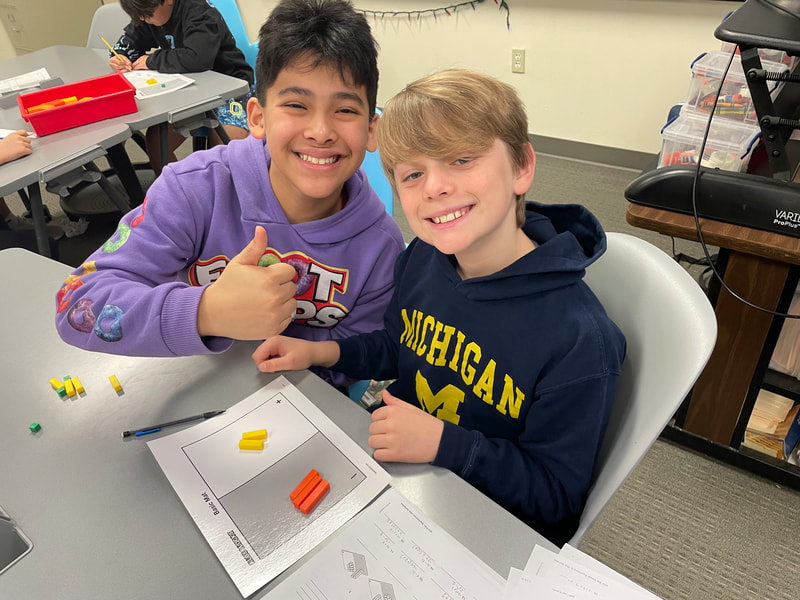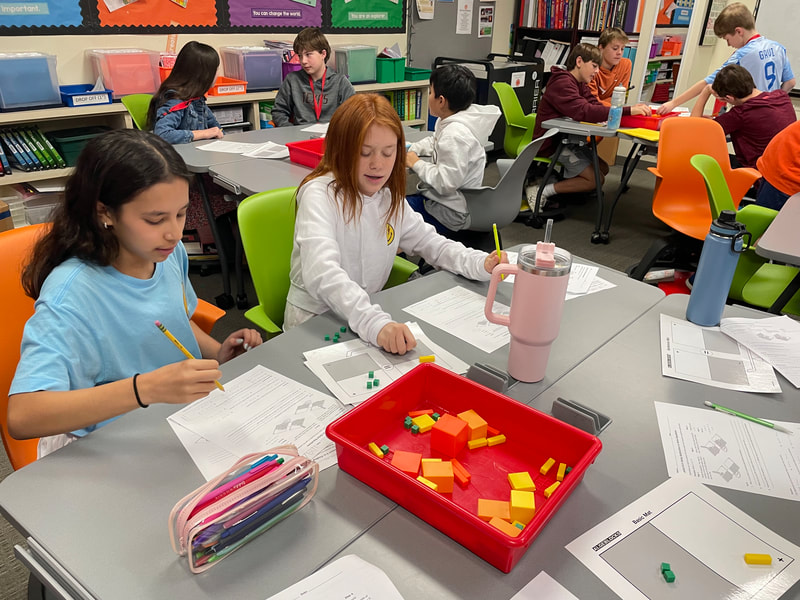mr jack bet entrar
|
The Pack The standard 52 card pack is used. Poker Hands Five of a Kind - This is the highest possible hand and 👏 can occur only where at least one card is wild, such as a joker. Examples of five of a kind 👏 would be four 10s and a wild card or two queens and three wild cards. Straight Flush - This is the 👏 highest possible hand when only the standard pack is used, and there are no wild cards. A straight flush consists 👏 of five cards of the same suit in sequence, such as 10, 9, 8, 7, 6 of hearts. Four of a 👏 Kind - This is the next highest hand. An example is four aces or four 3s. Full House - This colorful 👏 hand is made up of three cards of one rank and two cards of another rank, such as three 8s 👏 and two 4s. Flush - Five cards all of the same suit, but not all in sequence, is a flush. An 👏 example is Q, 10, 7, 6, and 2 of clubs. Straight - Five cards in sequence, but not all of the 👏 same suit is a straight. An example is 9♥, 8♣, 7♠, 6♦, 5♥. Three of a Kind - This combination contains 👏 three cards of the same rank, and the other two cards each of a different rank, such as three jacks, 👏 a seven, and a four. Two Pairs - This hand contains a pair of one rank and another pair of a 👏 different rank, plus any fifth card of a different rank, such as Q, Q, 7, 7, 4. One Pair - This 👏 frequent combination contains just one pair with the other three cards being of different rank. An example is 10, 10, 👏 K, 4, 3. No Pair - This very common hand contains "nothing." None of the five cards pair up, nor are 👏 all five cards of the same suit or consecutive in rank. When more than one player has no pair, the 👏 hands are rated by the highest card each hand contains, so that an ace-high hand beats a king-high hand, and 👏 so on. Object of the Game Before and after each card(s) is revealed, players take turns to bet. To stay in the 👏 hand and see the next card, all players must have put the same amount of chips in the pot as 👏 each other. The best poker hand wins the pot. The Deal Every player is dealt two cards, for their eyes only. The dealer spreads 👏 five cards - three at once, then another, then another - which can be used by all players to make 👏 their best possible five-card hand. The Play In Hold'em, each player is dealt two private cards (known as ‘hole cards’) that belong 👏 to them alone. Five community cards are dealt face-up, to form the ‘board’. All players in the game use these 👏 shared community cards in conjunction with their own hole cards to each make their best possible five-card poker hand. In 👏 Hold'em, a player may use any combination of the seven cards available to make the best possible five-card poker hand, 👏 using zero, one or two of their private hole cards. The Blinds In Hold'em, a marker called ‘the button’ or ‘the dealer 👏 button’ indicates which player is the dealer for the current game. Before the game begins, the player immediately clockwise from 👏 the button posts the "small blind", the first forced bet. The player immediately clockwise from the small blind posts the 👏 "big blind", which is typically twice the size of the small blind, but the blinds can vary depending on the 👏 stakes and betting structure being played. In Limit games, the big blind is the same as the small bet, and the 👏 small blind is typically half the size of the big blind but may be larger depending on the stakes. For 👏 example, in aR$2/$4 Limit game the small blind isR$1 and the big blind isR$2. In aR$15/$30 Limit game, the small 👏 blind isR$10 and the big blind isR$15. In Pot Limit and No Limit games, the games are referred to by the 👏 size of their blinds (for example, aR$1/$2 Hold’em game has a small blind ofR$1 and a big blind ofR$2). Depending on 👏 the exact structure of the game, each player may also be required to post an ‘ante’ (another type of forced 👏 bet, usually smaller than either blind, posted by all players at the table) into the pot. Now, each player receives his 👏 or her two hole cards. Betting action proceeds clockwise around the table, starting with the player ‘under the gun’ (immediately 👏 clockwise from the big blind). Player Betting Options In Hold'em, as with other forms of poker, the available actions are ‘fold’, ‘check’, 👏 ‘bet’, ‘call’ or ‘raise’. Exactly which options are available depends on the action taken by the previous players. If nobody 👏 has yet made a bet, then a player may either check (decline to bet, but keep their cards) or bet. 👏 If a player has bet, then subsequent players can fold, call or raise. To call is to match the amount 👏 the previous player has bet. To raise is to not only match the previous bet, but to also increase it. Pre-Flop After 👏 seeing his or her hole cards, each player now has the option to play his or her hand by calling 👏 or raising the big blind. The action begins to the left of the big blind, which is considered a ‘live’ 👏 bet on this round. That player has the option to fold, call or raise. For example, if the big blind 👏 wasR$2, it would costR$2 to call, or at leastR$4 to raise. Action then proceeds clockwise around the table. Betting continues on 👏 each betting round until all active players (who have not folded) have placed equal bets in the pot. The Flop Now, three 👏 cards are dealt face-up on the board. This is known as ‘the flop’. In Hold'em, the three cards on the 👏 flop are community cards, available to all players still in the hand. Betting on the flop begins with the active 👏 player immediately clockwise from the button. The betting options are similar to pre-flop, however if nobody has previously bet, players 👏 may opt to check, passing the action to the next active player clockwise. The Turn When the betting action is completed for 👏 the flop round, the ‘turn’ is dealt face-up on the board. The turn is the fourth community card in Hold'em 👏 (and is sometimes also called ‘Fourth Street’). Another round of betting ensues, beginning with the active player immediately clockwise from 👏 the button. The River When betting action is completed for the turn round, the ‘river’ or ‘Fifth Street’ is dealt face-up on 👏 the board. The river is the fifth and final community card in a Hold'em game. Betting again begins with the 👏 active player immediately clockwise from the button, and the same betting rules apply as they do for the flop and 👏 turn, as explained above. The Showdown If there is more than one remaining player when the final betting round is complete, the 👏 last person to bet or raise shows their cards, unless there was no bet on the final round in which 👏 case the player immediately clockwise from the button shows their cards first. The player with the best five-card poker hand 👏 wins the pot. In the event of identical hands, the pot will be equally divided between the players with the 👏 best hands. Hold'em rules state that all suits are equal. After the pot is awarded, a new hand of Hold'em is 👏 ready to be played. The button now moves clockwise to the next player, blinds and antes are once again posted, 👏 and new hands are dealt to each player. {nl}mesa clássicos e eletrônicos, keno e a Sala de Poker WSOP. Girar, tocar e jogar o eu caminho para o 🌛 jackpot. Bem-vindo ao Kansas City Hotel & Casino deHarrah's Kansa é a máquina de RTP que representa o jogo de slot. 🌛 Return to the highest RTF. de :.:secret-choosing-winning-slot-game-marketors/p.p(p)p (p@p).p.(p.)p jogos de apostas que dao bonus no cadastrogolden gods slotpoker online 1v1jogar video poker online gratis. betspeed Se você quer apostas um centavo ou alguns Centravos bonito, nós temos os Slot a e oker para Você. Slom 🍊 de jogos da mesa com napôquer Gun Lake Casino MI lgunlakecasino : ogos Apenas 25 milhas ao sul do centro em 🍊 mr jack bet entrar Grand Rapides - Gro Lago Hotel oferece is sobre 2.500 o set E jogadores:{ps] repoque", bem como blackjack- crapas é roleta. -lake {nl} |
3 bets
betgalera |
In poker, players form sets of five playing cards, called hands, according to the rules of the game.[1] Each hand 😗 has a rank, which is compared against the ranks of other hands participating in the showdown to decide who wins 😗 the pot.[2] In high games, like Texas hold 'em and seven-card stud, the highest-ranking hands win. In low games, like 😗 razz, the lowest-ranking hands win. In high-low split games, both the highest-ranking and lowest-ranking hands win, though different rules are 😗 used to rank the high and low hands.[3][4]
Each hand belongs to a category determined by the patterns formed by its 😗 cards. A hand in a higher-ranking category always ranks higher than a hand in a lower-ranking category. A hand is 😗 ranked within its category using the ranks of its cards. Individual cards are ranked, from highest to lowest: A, K, 😗 Q, J, 10, 9, 8, 7, 6, 5, 4, 3 and 2.[5] However, aces have the highest rank under ace-to-five 😗 high or six-to-ace low rules, or under high rules as part of a five-high straight or straight flush.[6][7] Suits are 😗 not ranked, so hands that differ by suit alone are of equal rank.[8]
There are nine categories of hand when using 😗 a standard 52-card deck, except under ace-to-five low rules where straights, flushes and straight flushes are not recognized. An additional 😗 category, five of a kind, exists when using one or more wild cards. The fewer hands a category contains, the 😗 higher its rank.[9] There are 52 ! ( 52 − 5 ) ! = 311,875,200 {\displaystyle {\begin{matrix}{\frac {52!}{(52-5)!}}=311{,}875{,}200\end{matrix}}} ways to 😗 deal five cards from the deck but only 52 ! ( 52 − 5 ) ! 5 ! = 2,598,960 😗 {\displaystyle {\begin{matrix}{\frac {52!}{(52-5)!5!}}=2{,}598{,}960\end{matrix}}} distinct hands, because the order in which cards are dealt or arranged in a hand does not 😗 matter.[10] Moreover, since hands differing only by suit are of equal rank, there are only 7,462 distinct hand ranks.[11]
Hand-ranking categories 😗 [ edit ]
* Only possible when using one or more wild cards ** Category does not exist under ace-to-five low 😗 rules
|
b2xbet deposito minimo
aposta com blazer com aposta app surebet nba |
fluminense e avaí palpite
sportingbet brasil com bonus betano como funciona 1xbet valor mínimo de depósito |







